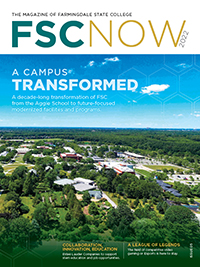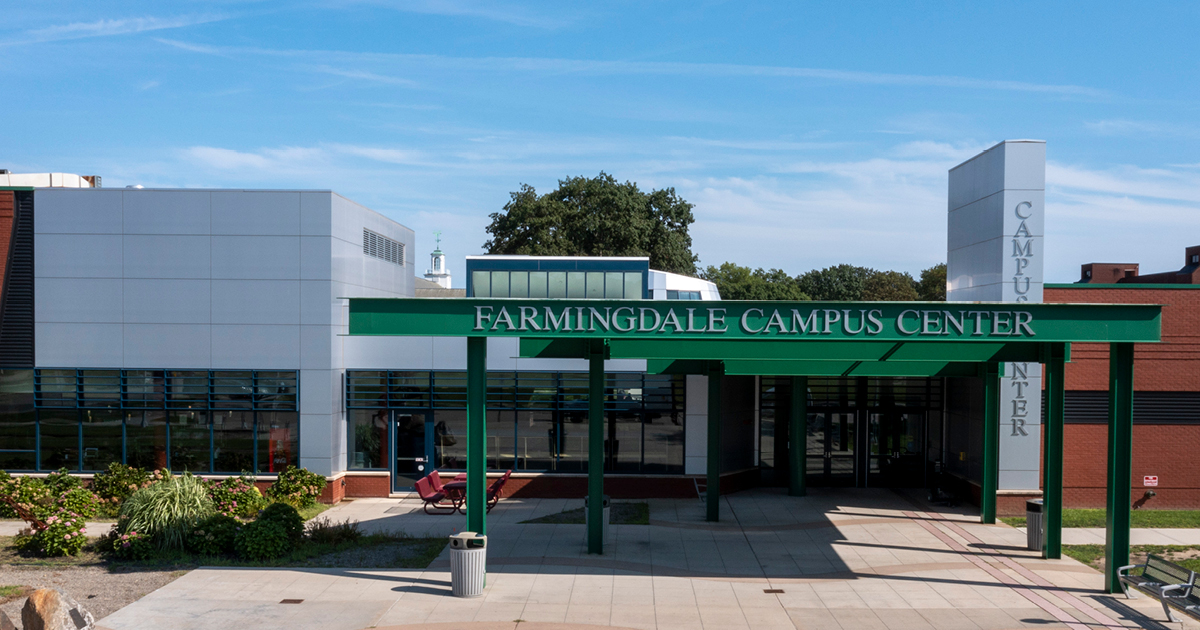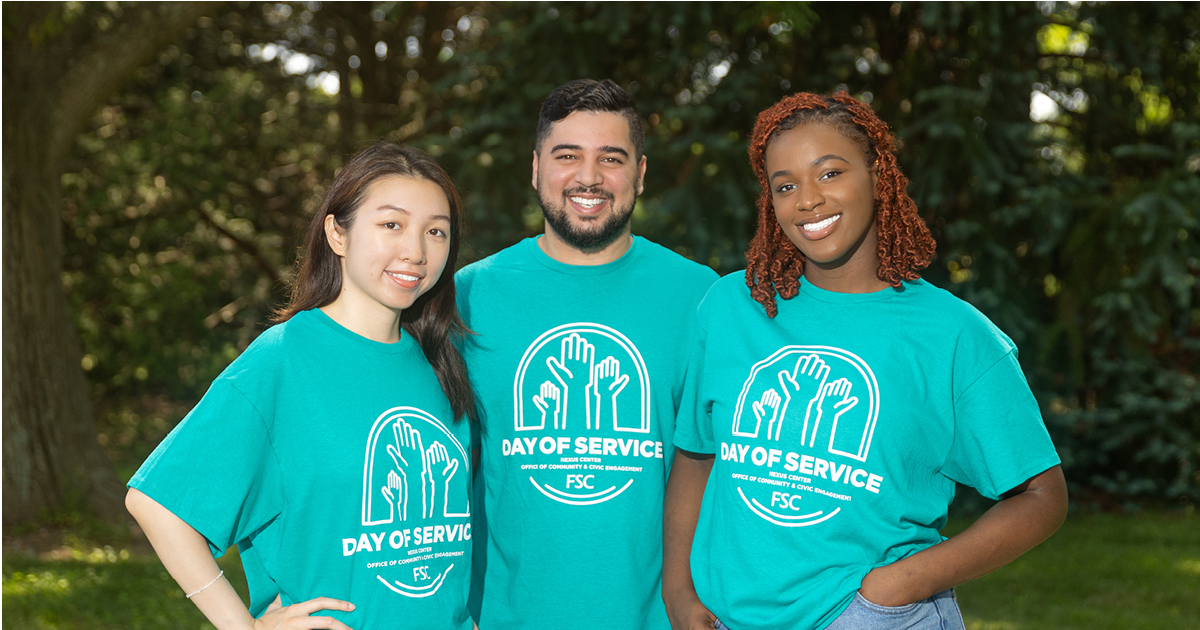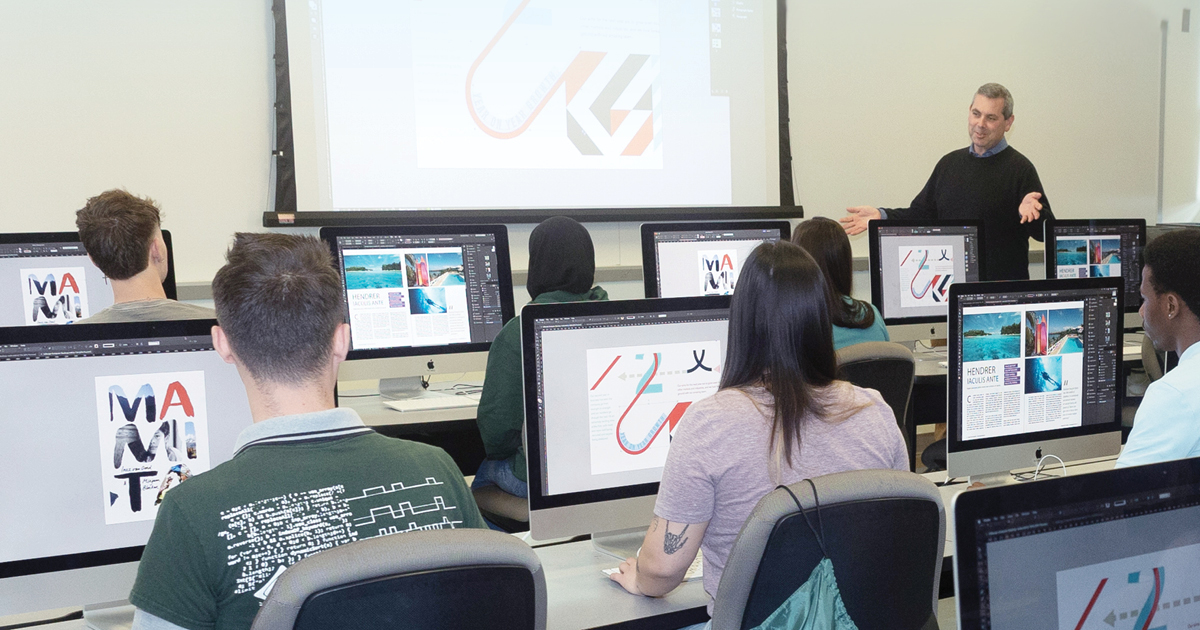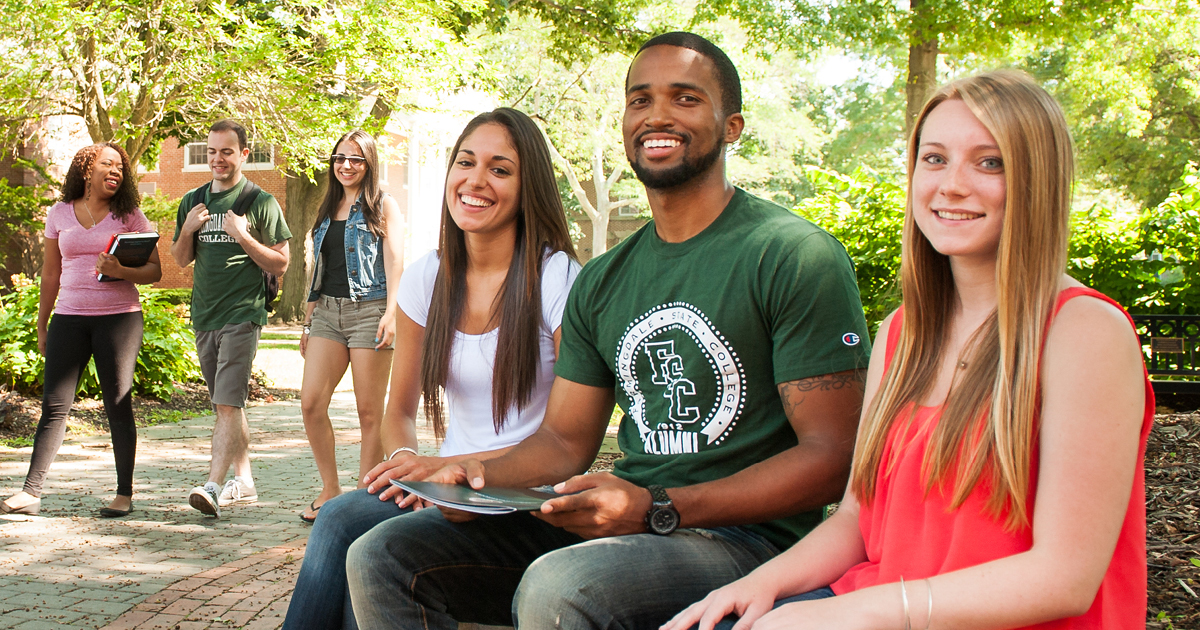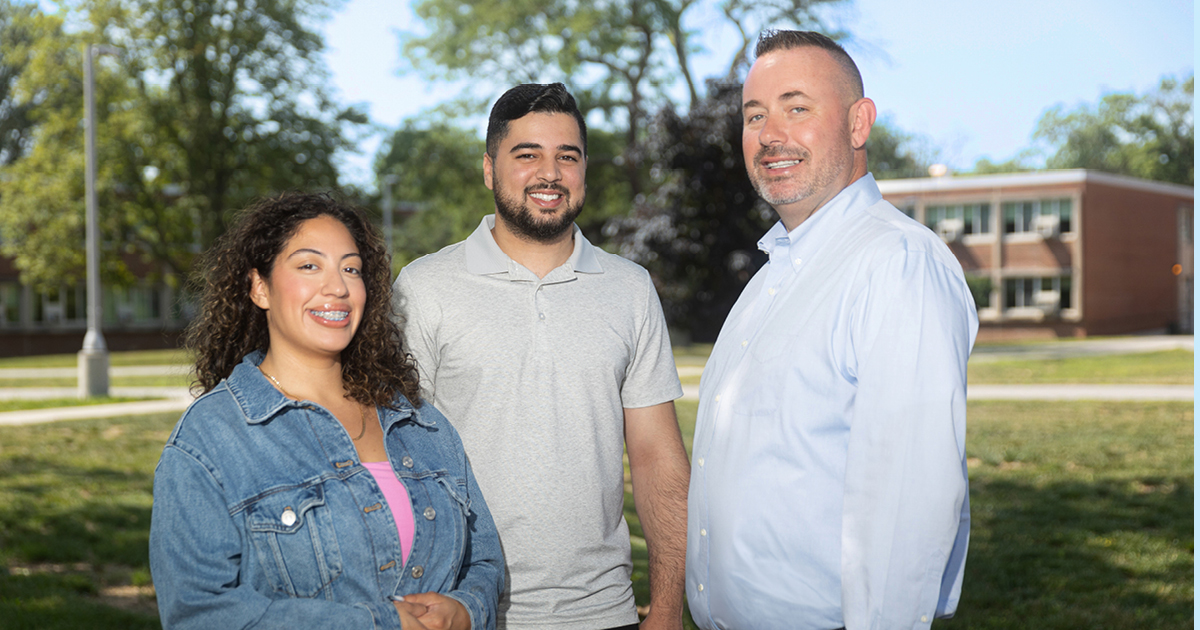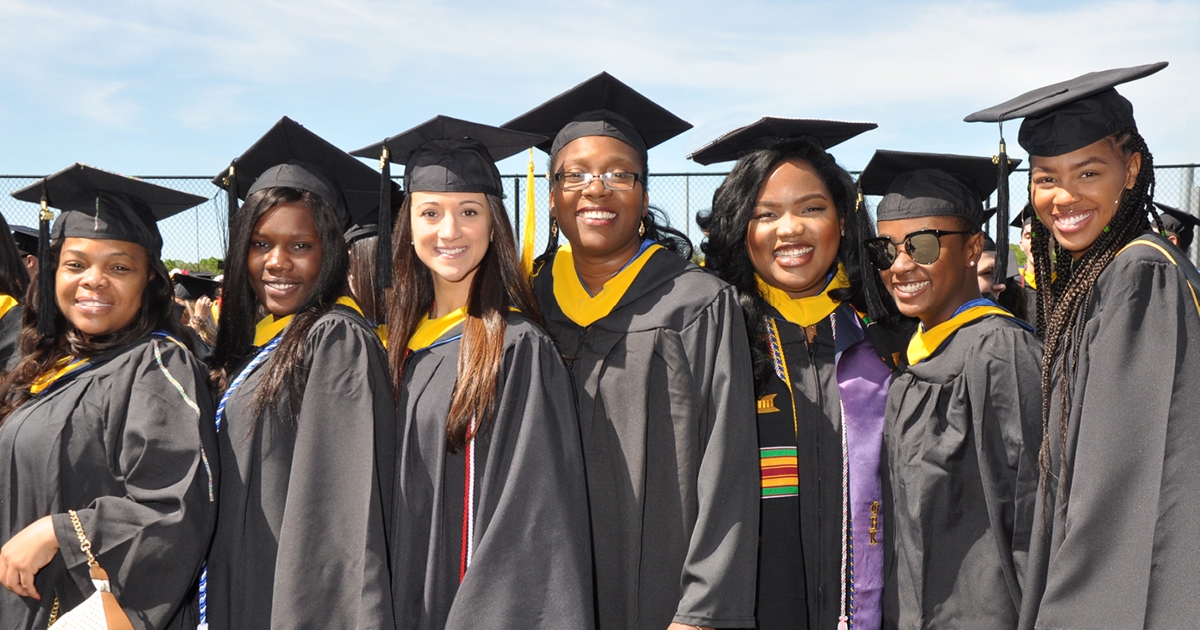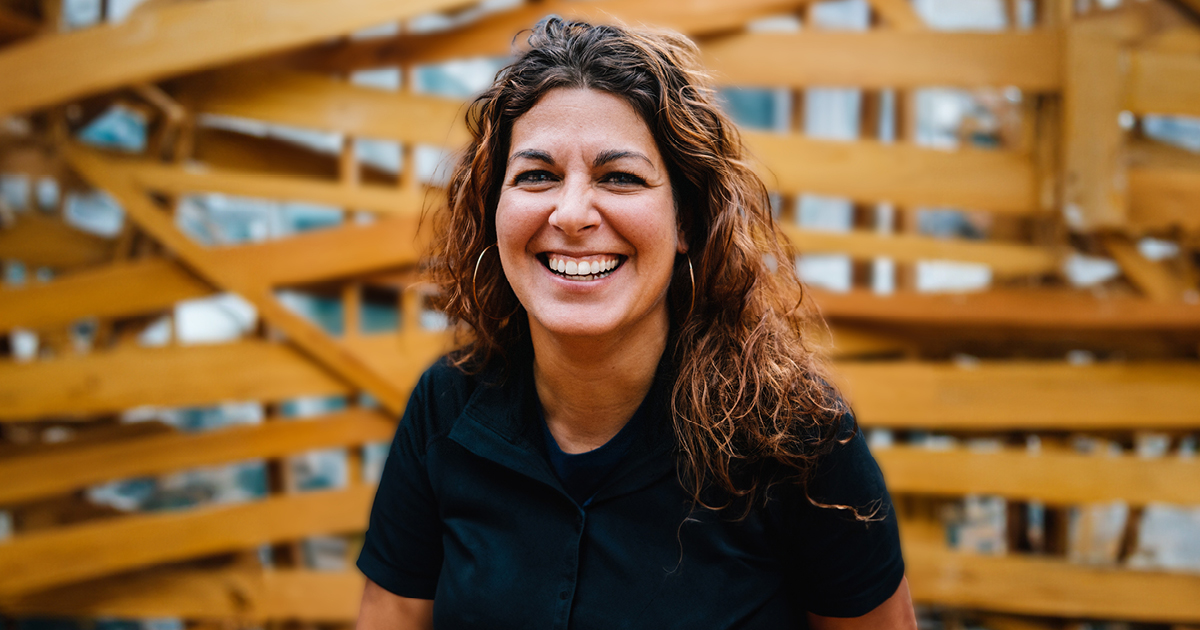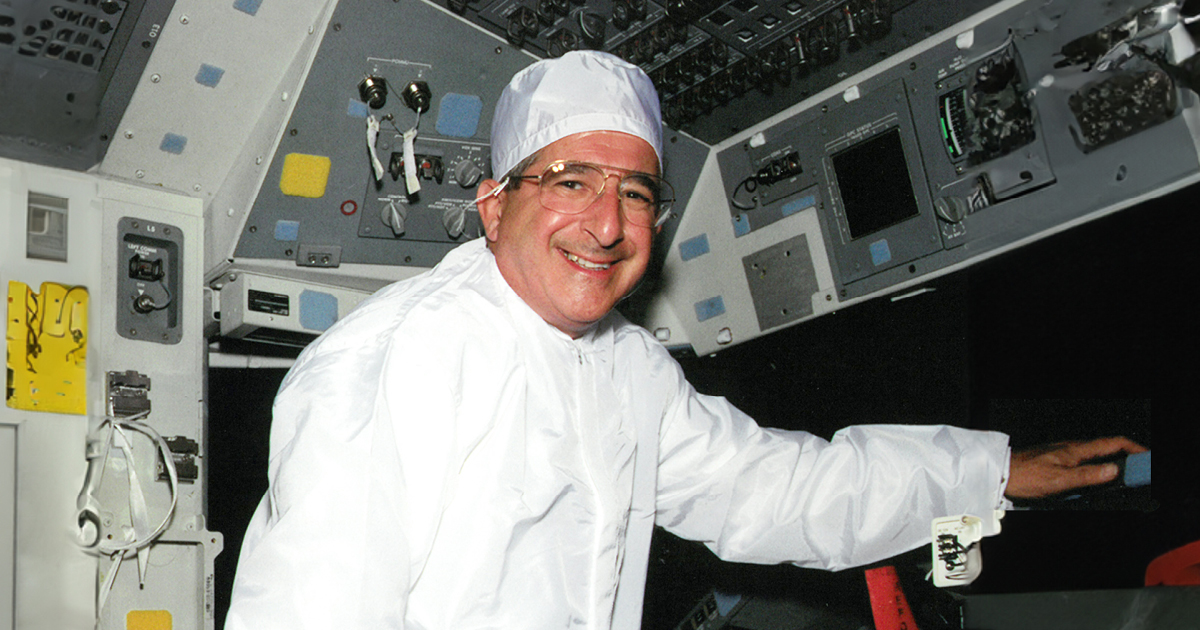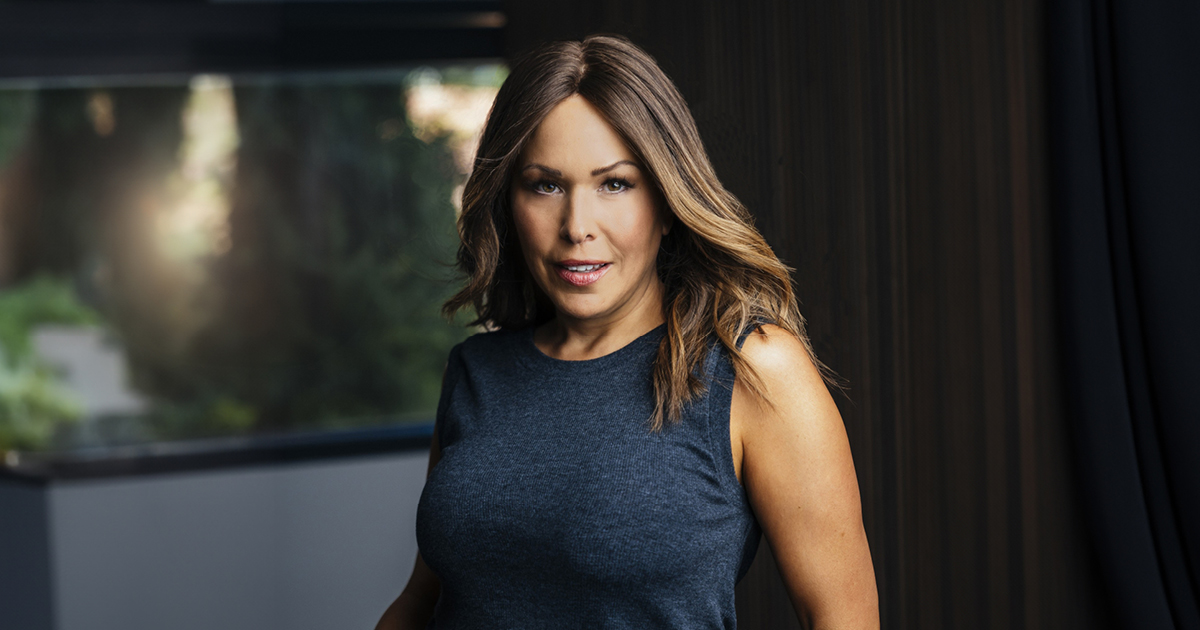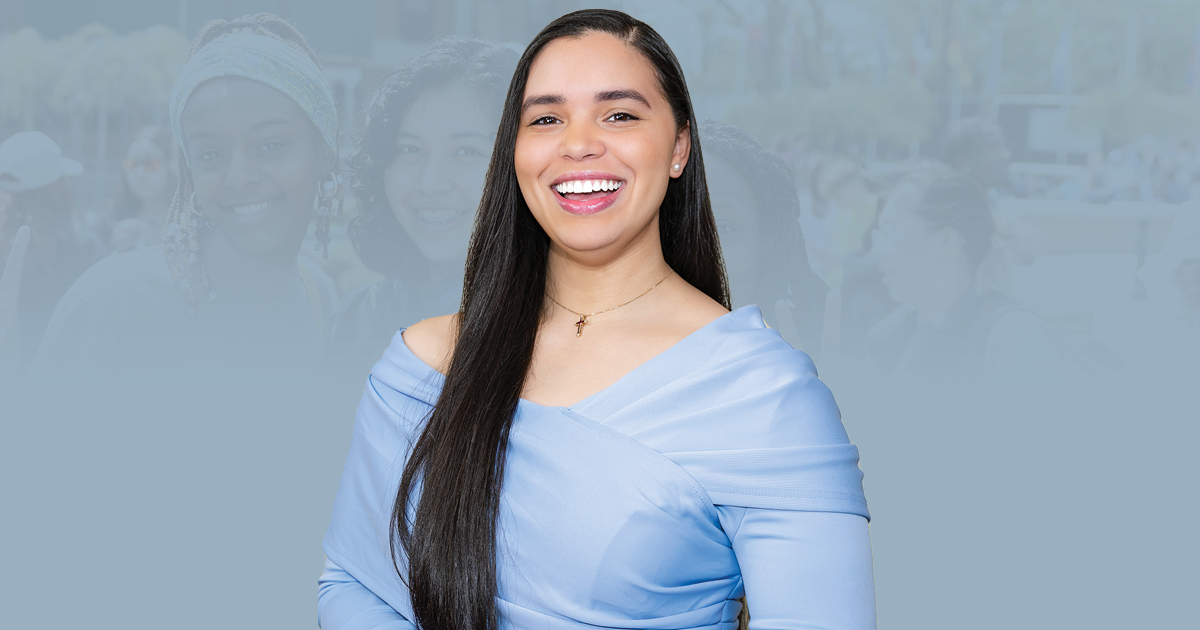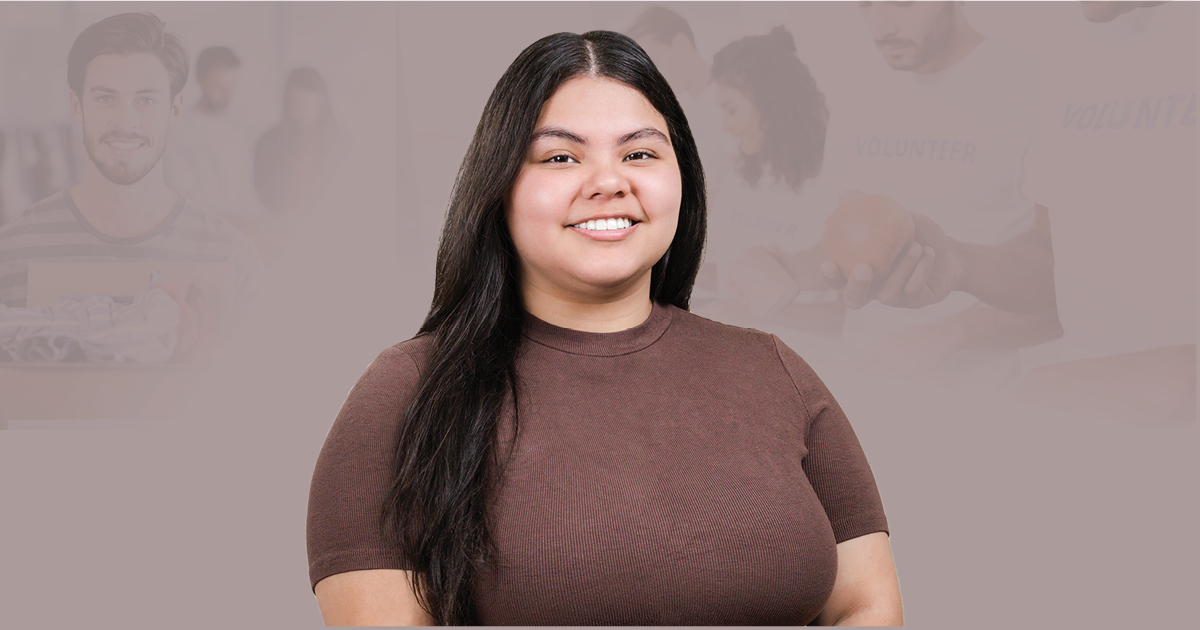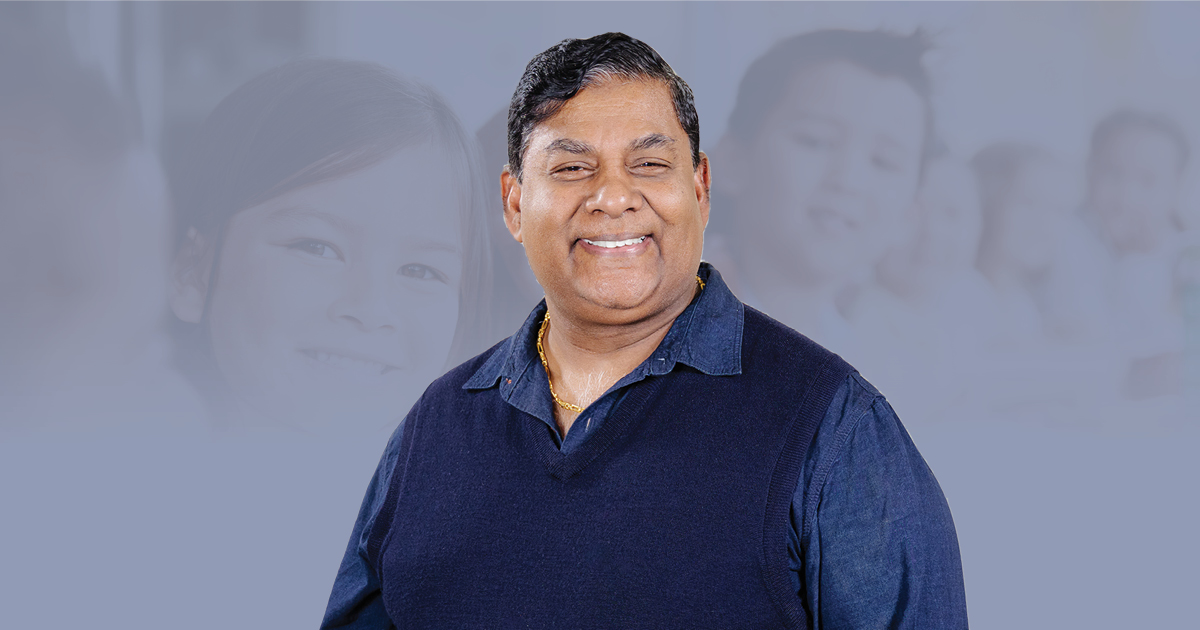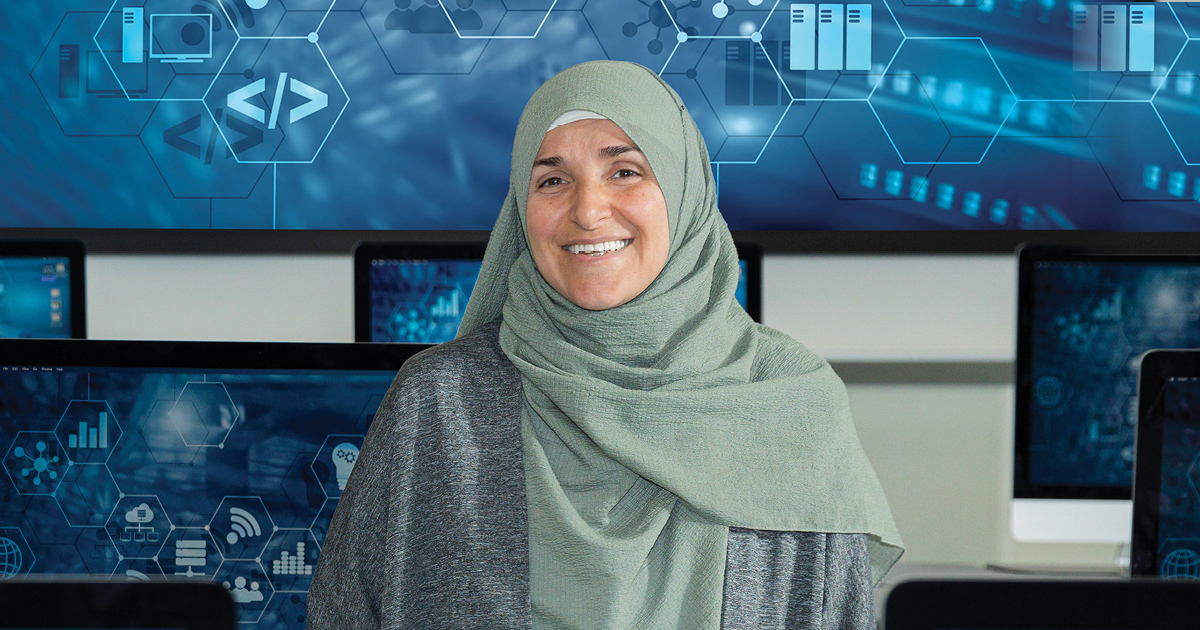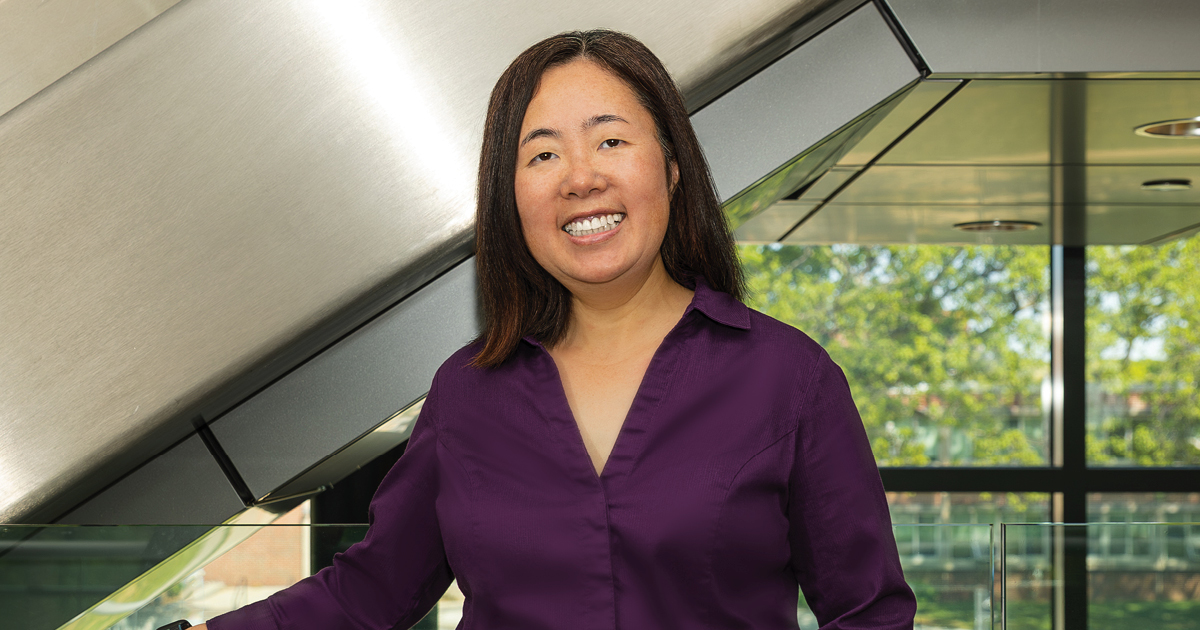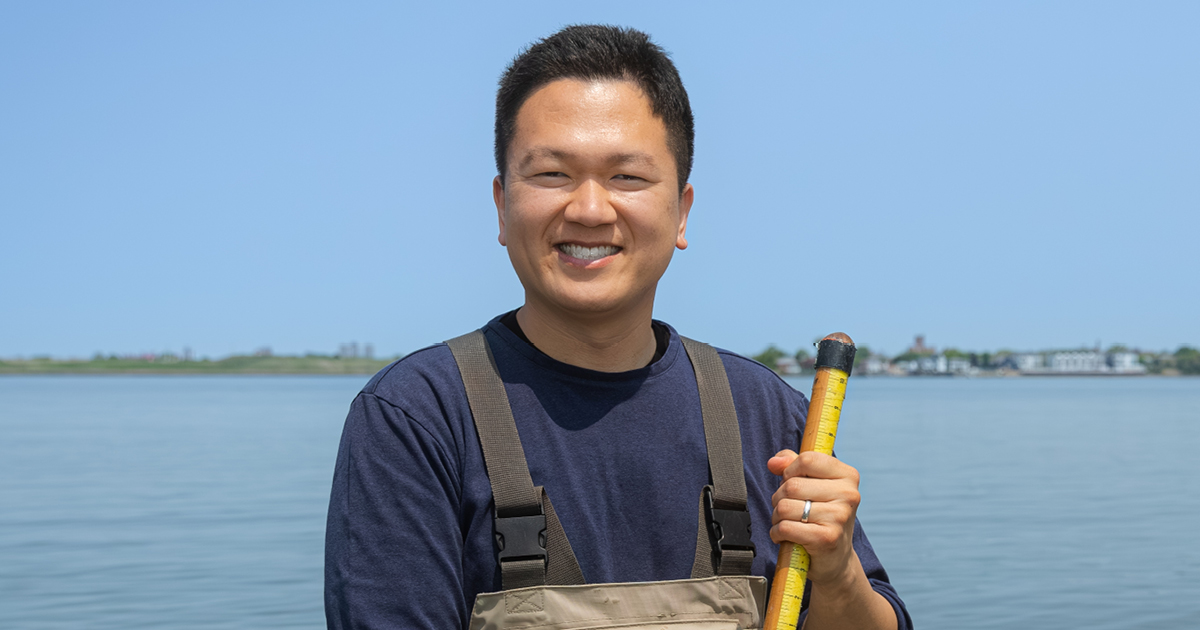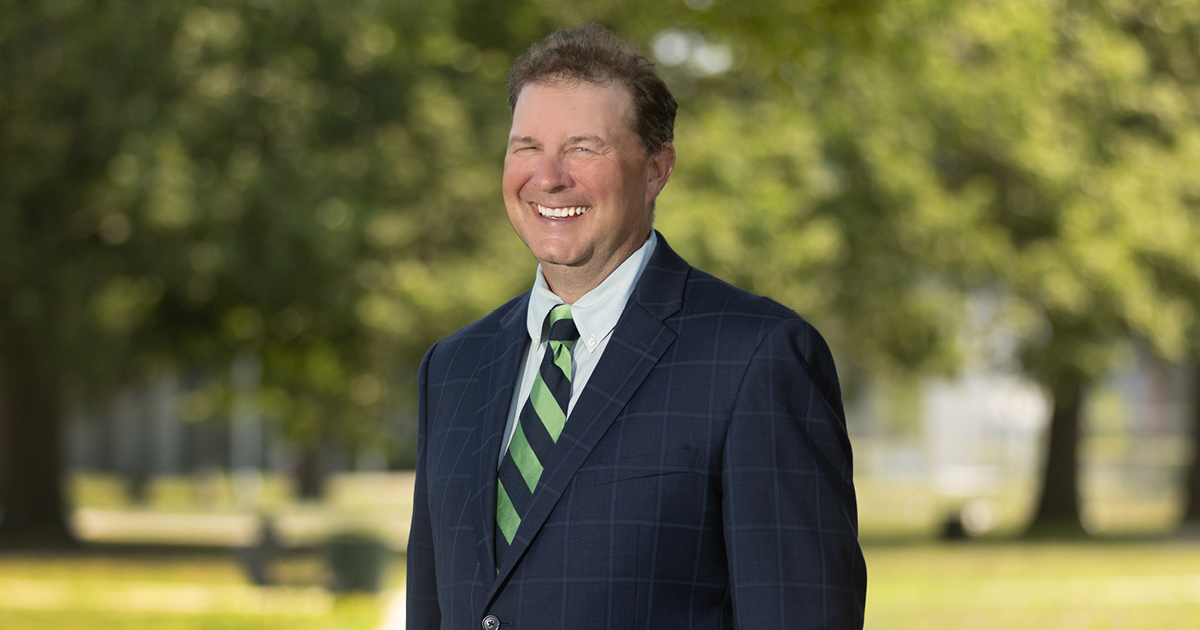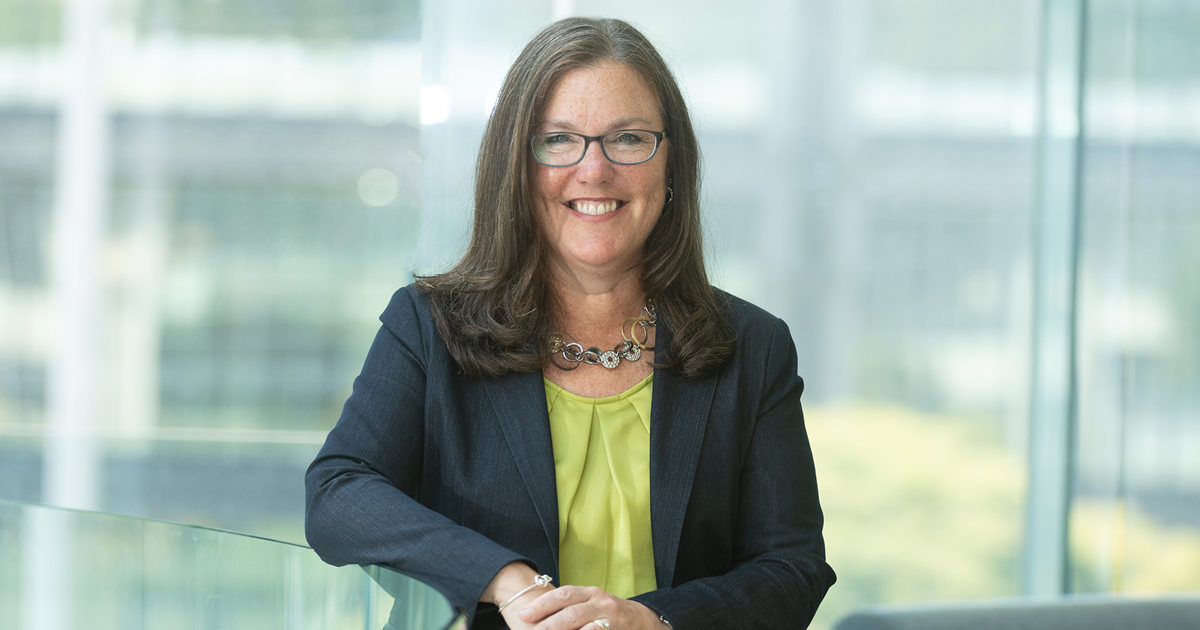As a child in Sunnyside, Queens, Farmingdale State College’s (FSC) Dr. Peter Park would scoop up handfuls of dried anchovies his mother planned to use for dinner, run them outside, and dump them in a storm-drain puddle, hoping that they would recover and swim away.
Park, now a bioscience professor at FSC, has been fascinated by fish for as long as he can remember. He teaches biodiversity and ichthyology at the College, specializing in fish behavior and thought.
While many people put all fish in one generic pool, the varieties, characteristics, abilities, and habits of fish are endless, according to Park.
“If you can come up with a superpower, there’s a fish that can do it,” he said.
Park’s other passion is educating people about fish through community science; he devotes as much time as he can to workshops, public presentations, and classes about fish and fishing. He even takes FSC and other students on fishing trips, as a way for the public to experience on-site biology.
“I enjoy taking students out fishing,” Park said. “It gets me out, taps into my childhood, and keeps me grounded.”
Community science activities have made him a better educator, Park said. For example, he assists Macaulay Honors College of the City University of New York (CUNY) with its annual BioBlitz, a 24-hour collection and analyzing event involving a New York City body of water. “It provides an opportunity for me to engage in something fish- focused in a brand-new setting with different groups of students each year,” according to Park. Students collect fish and other creatures from a body of water, then they identify, count, and analyze them to help assess the biodiversity of different areas of the city.
“I go wherever I am invited,” said Park. “I’ve long been involved with community science as it relates to fish and surveying fish. I don’t think I could ever give it up. I feel like it’s a duty, it’s one significant way I know how to give back.”
Shortly after his parents emigrated from South Korea to Queens in the 1970s, they opened a fish market. Park spent time there learning the names of fish. When an unusual specimen came in, usually inedible, his father would bring it home for Park to study. Not surprisingly, fish regularly appeared on the family menu. “What didn’t sell, we ate,” Park recalled.
On Sunday mornings, Park and his father often went fishing. “This shows you can grow up in the city and still grow up to be a fish biologist,” Park joked. “This is the closest I got to the wild.”
Park went on to graduate with a bachelor’s degree in psychology and biology and a PhD in ecology and evolution.
“My appreciation for fishing has opened many doors for me, social and others,” he said. “I’ve had a pretty good streak.”
He considers a fishing rod a scientific tool. “It’s a way for me to get an idea of what is underwater,” said Park.
To improve the chances of catching fish, he suggests people drag a sinker across the bottom of the lake or ocean while they are fishing, to get an idea of the layout of the underwater terrain. “Write down what you observe, note if you catch or don’t catch something with a specific bait, and if you catch, record the species and size.”
As Park’s knowledge of fish and their worlds continues to evolve, he is more likely to release what he catches and think about their history. “I would catch a striped bass and wonder about how far it traveled,” he said. “It was part of a reassuring cycle. Each fish has its own story.”
